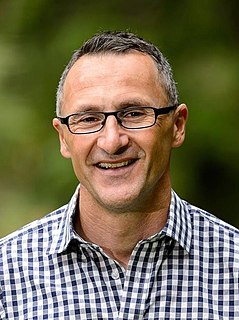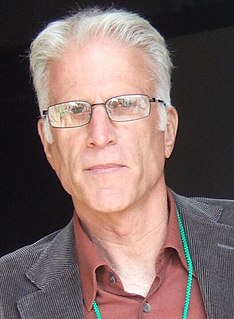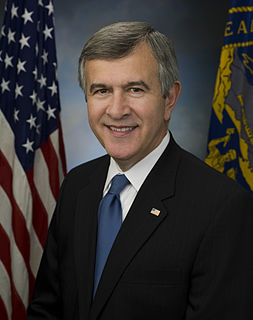A Quote by Kenneth Frazier
My legacy is that Merck continues to do what Merck has always done, which is to make singular impact on human health and animal health around the world. It's that simple.
Related Quotes
I've obviously come from a health background. I was a doctor before I became a pollie and one of the things I'd like to do is to really build on the world-class health system we've got. I'm passionate about climate change because it's also a health issue. Things like extreme weather impact on people's health, the ability of our hospitals to cope, the impact on mental health, on farmers in regional areas - they're all serious health concerns.
I'm not into animal rights. I'm only into animal welfare and health. I've been with the Morris Animal Foundation since the '70s. We're a health organization. We fund campaign health studies for dogs, cats, lizards and wildlife. I've worked with the L.A. Zoo for about the same length of time. I get my animal fixes!
I want us to be judged by the impact we have on the health of the people of Africa and the health of women. Improvements in the health of the people of Africa and the health of women are key indicators of the performance of WHO. This is a health organization for the whole world... But we must focus our attention on the people in greatest need.
The health of a society is truly measured by the quality of its concern and care for the health of its members . . . The right of every individuals to adequate health care flows from the sanctity of human life and that dignity belongs to all human beings . . . We believe that health is a fundamental human right which has as its prerequisites social justice and equality and that it should be equally available and accessible to all.
If the Health Impact Fund were to be instituted, a single company would be in charge of a medical product all the way from its conception to the health improvements realized by actual patients. The company would be paid for health impact, and it would have to arrange the entire pipeline in between - all the steps of invention, of clinical testing, of getting marketing approval in many different countries, of wholesalers and retailers and prescriptions and so on - in a holistically optimal way.




























